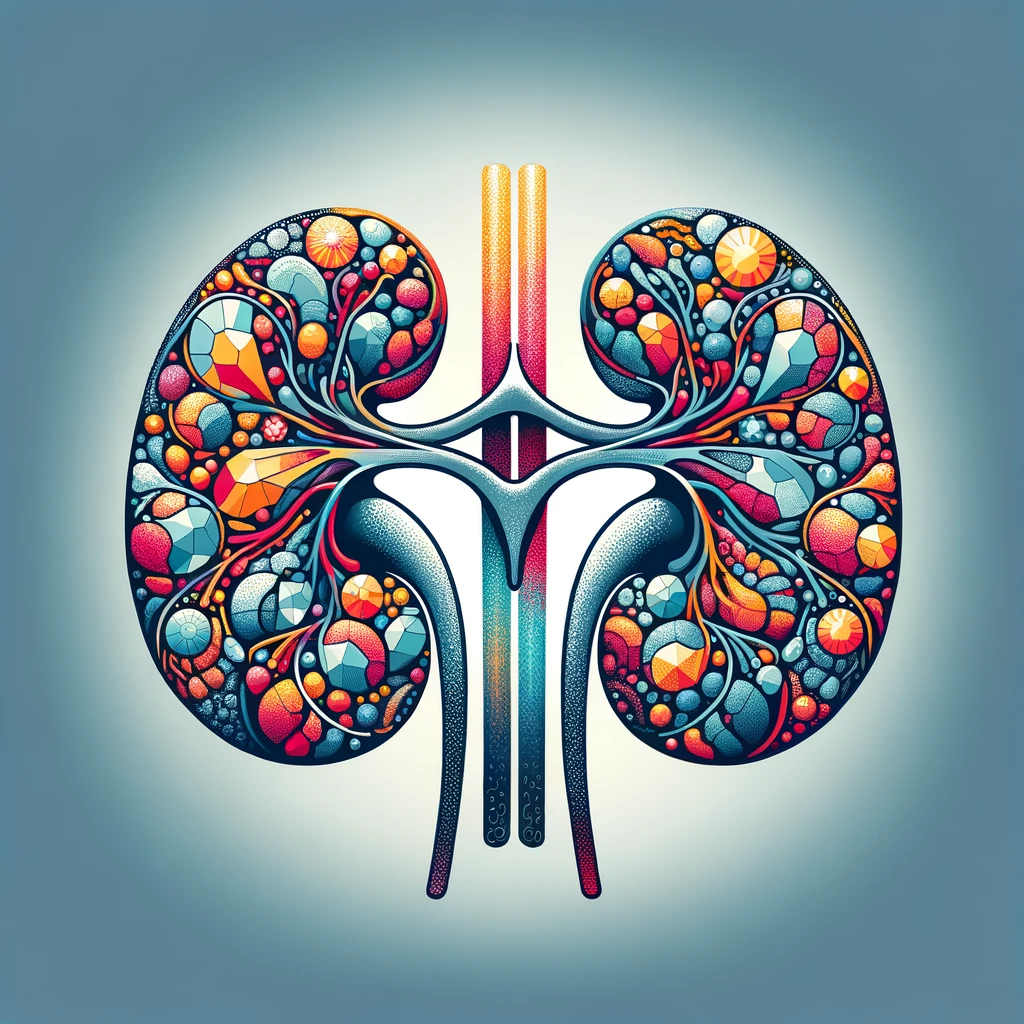A Comprehensive Guide to Diagnosing, Preventing, Managing, and Passing Kidney Stones

Dr. Craig Smith, MD
4 Min read
Kidney stones, notorious for their pain and discomfort, demand a comprehensive approach that includes diagnosis, preventive measures, lifestyle changes, and, at times, medical interventions. In this guide, we'll explore the key aspects of diagnosing kidney stones, strategies for effective prevention and management, tips for successfully passing these stones, when to seek professional medical advice, and foods to avoid to mitigate the risk of stone formation.
Diagnosing Kidney Stones:
- Symptoms: Recognizing the symptoms of kidney stones is crucial for prompt diagnosis. Common signs include severe pain in the back or side, blood in urine, frequent urination, and cloudy or foul-smelling urine.
- Diagnostic Tests: Various tests aid in diagnosing kidney stones, including Imaging Studies, Urinalysis, and Blood Tests.
- Medical History: Providing a thorough medical history, including any family history of kidney stones, aids in accurate diagnosis and informs the development of a tailored management plan.
Understanding Kidney Stones:
- Types of Stones: Kidney stones can manifest in various forms, such as calcium-based, struvite, uric acid, or cystine stones.
- Causes: Dehydration, dietary choices, genetic predisposition, and underlying medical conditions contribute to kidney stone formation.
Prevention Strategies:
- Hydration: Drinking plenty of water is fundamental for preventing kidney stones.
- Dietary Changes: Including reducing Sodium, limiting Oxalate-Rich Foods, and controlling Animal Proteins.
- Calcium and Phosphorus Balance: Maintain a balanced ratio of calcium to phosphorus in your diet.
Foods to Avoid:
High-Oxalate Foods, Excessive Sodium Intake, Limit Animal Proteins, and Caffeine and Cola Beverages.
Passing a Stone:
- Hydration: Drinking plenty of water is crucial for passing a kidney stone.
- Pain Management: Over-the-counter analgesics like ibuprofen can help manage the pain associated with passing a stone.
- Warm Compress: Applying a warm compress to the lower back or abdomen may help alleviate muscle spasms and ease the discomfort during stone passage.
When to See a Doctor:
Seek medical advice if you experience persistent or severe pain, fever and chills, inability to pass urine, or blood in urine.
Treatment Options:
- Extracorporeal Shock Wave Lithotripsy (ESWL): ESWL uses shock waves to break down larger kidney stones.
- Ureteroscopy: Ureteroscopy involves using a thin, flexible tube with a camera to visualize and remove or break up stones.
- Surgery: In rare cases, surgical intervention may be necessary to remove large or complicated stones.
Follow-Up Care:
Regular follow-up appointments are crucial to monitor kidney health and assess the effectiveness of the chosen treatment plan.
Lifestyle Habits:
- Quit Smoking: Smoking is linked to an increased risk of kidney stone formation.
- Moderate Alcohol Intake: Moderate alcohol consumption helps maintain proper hydration levels.
Emergency Situations:
In certain situations, kidney stones may lead to complications requiring immediate attention.
Conclusion:
Effectively managing kidney stones requires a comprehensive approach that includes accurate diagnosis, preventive strategies, hydration, dietary adjustments, and, when necessary, medical interventions. Always seek personalized advice from your healthcare provider to address your unique situation and ensure the most effective and appropriate treatment plan.